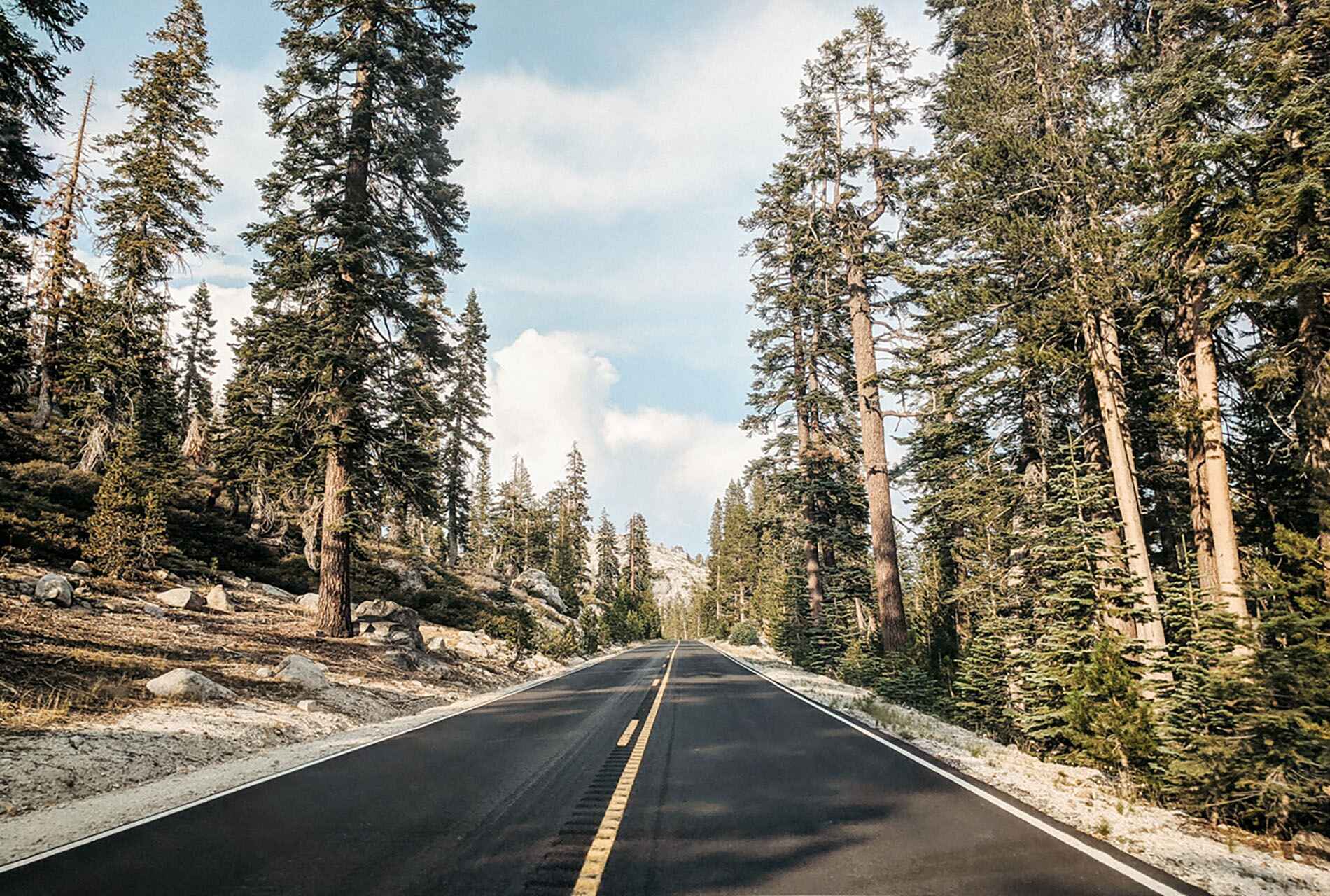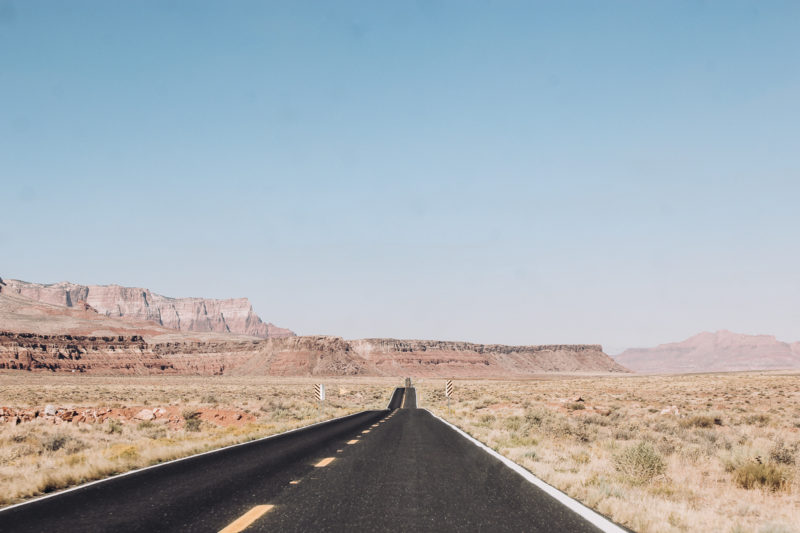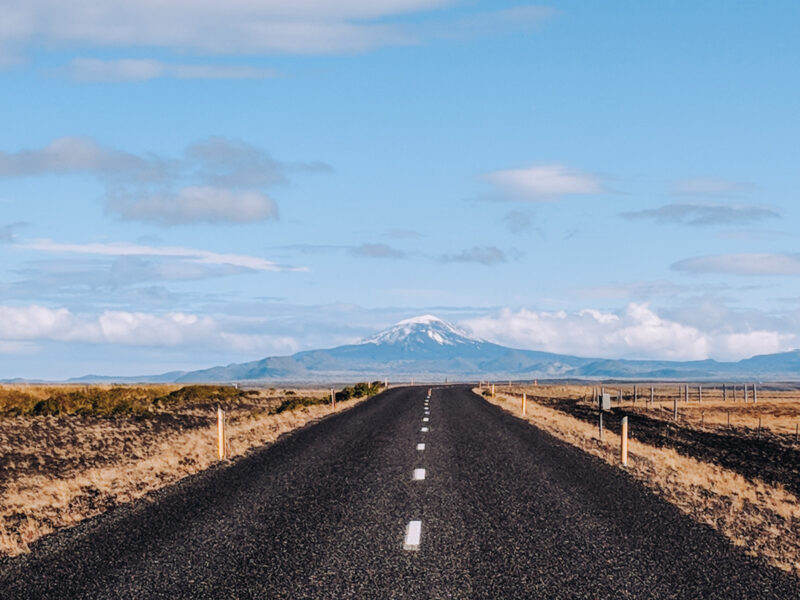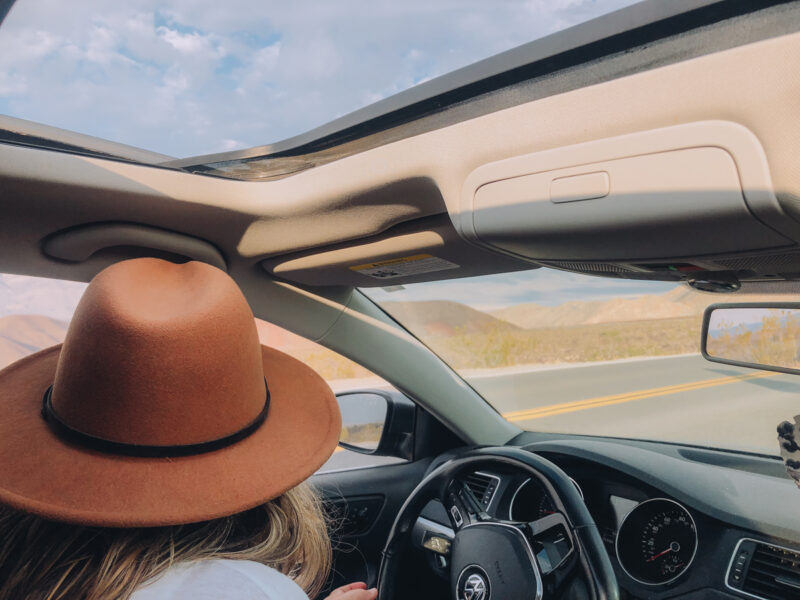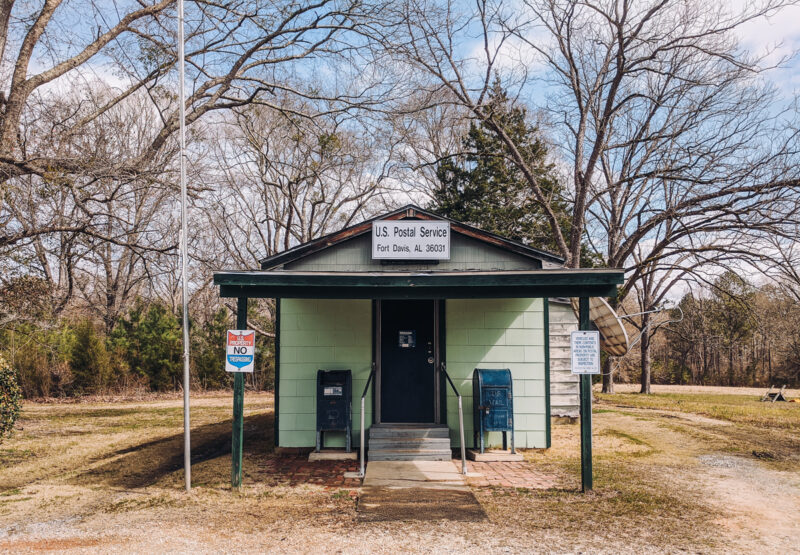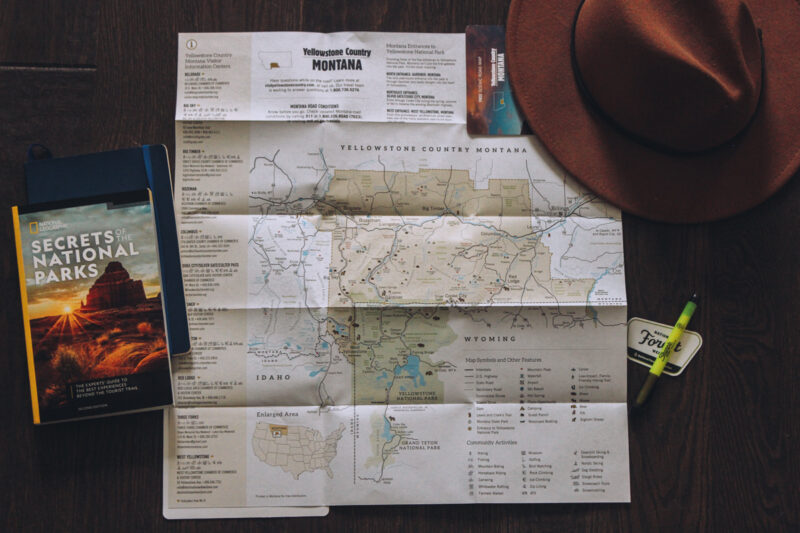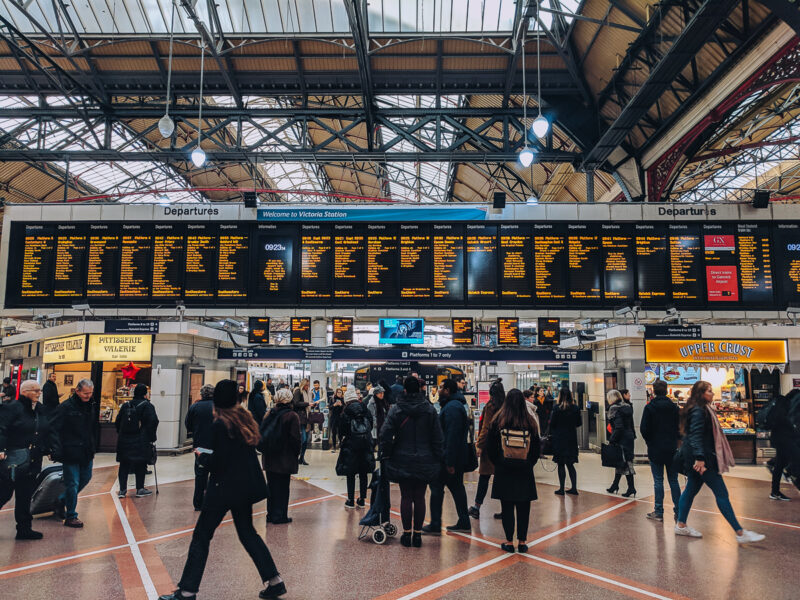10 Ways How to Road Trip Responsibly & Be a Better Traveler
Traveling and road tripping are more popular than ever. With more people than ever visiting popular tourist destinations and public lands, it’s not uncommon to read reports or see video of downright bad behavior.
On airplanes, in national parks and even on our interstates and roads, it happens everywhere. As travelers and road trippers, it’s crucial that we do our part and learn to be considerate and not be one of those people as we explore a destination.
Whether you’re a die hard road tripper or someone new to the game, these 10 ways how to road trip responsibly will contribute to an all-around better travel experience for yourself and the places you visit.
This article contains affiliate links. That means I may earn a small commission, at no extra cost to you, if you book something with a link I provide. This keeps Southerner Says online and on the road. Thank you for your support.
Why it’s Important to Road Trip Responsibly
I first wrote this article in June of 2020 when I drove across the country to move my daughter for her job that had been delayed by the pandemic.
The country was just opening back up and we observed some crazy things on our road trip which prompted me to write about them.
Now, a lot has changed. Thankfully, many of those things I wrote about then have improved. But it’s still not uncommon to see a lack of courtesy and respect in the ways of some travelers and road trippers.
Apparently, people forget that when they visit a destination, no matter how big or small, they’re visiting someone’s home. So, it’s important to always be mindful of the impact you have on others and the community.
Here’s 10 ways how to road trip responsibly that can help you make a positive impact.
1. Know Before You Go
Before you plan your road trip, it’s a good idea to research and investigate the area where you’re traveling. Is it safe? What’s going on there? How’s the weather?
Checking these things will give you a good indication of potential issues in the area and whether visiting will have a positive impact on the community or cause bigger problems.
Many times areas that have been affected by natural disasters such as wildfires and floods or community unrest may not have the extra resources for visitors.
Even if it’s a touristy area, supplies, hotels and lodging might be needed for volunteers and workers who have come to the area to assist the community in clean-up. Avoiding these areas altogether until the time is right is the responsible thing to do.
To help plan, use city, state government and local tourism board websites to check pertinent info about what’s going on in the area. Any warnings, alerts or things you need to be aware of should be noted there since they frequently update those websites.
You can also use Google Maps and State DOT (Department of Transportation) websites and apps to stay informed of road closures and hazardous driving situations you need to avoid.
2. Know Where You’re Going to Sleep
I’m usually all for winging it on a road trip but in this new travel era but if you want to road trip responsibly, having a plan and knowing where you’ll stop and spend the night is key.
With record travel numbers, hotel rooms are at a premium. And if your plans include public lands in rural areas, you may have trouble finding campsites as well.
What began during the pandemic, as hotels and campgrounds operated at reduced capacity under government mandates, trickled down when people ditched their regular travel plans for nature. Visitors began parking and sleeping wherever they could. A new age of stealth camping happened and it impacted public lands.
Knowing where you’ll spend the night and not leaving it to chance is the responsible thing to do not only for your safety but also so you aren’t tempted to break the rules and sleep somewhere you shouldn’t.
Doing so only adds to the problem that at some point will be addressed by new rules and regulations or at times results in permanent closures of some spots.
Websites like The Dyrt and Hipcamp can help you to find legitimate campsites and even camping spots on private land.
If your road trip plans include staying in a hotel book your rooms in advance and use companies or book properties that have good cancellation policies. Booking.com offers plenty of choices with free cancellations. For last minute hotel rooms with great prices, try Hotwire.com.
3. Support Local Business When You Can
Another way to be a responsible traveler and help the communities you visit at the same time is by keeping your money local and supporting small businesses.
Everyone knows that the pandemic hit the tourism and hospitality industry hard. I’m sure I’m not the only one that had a favorite restaurant succumb.
Even now, many restaurants are still struggling with chain supply issues, staffing shortages and higher food prices. Choosing to supporting local and mom and pop establishments over big chains and fast food goes a long way.
Even if you have to wait a little longer or get out of you car, it’s worth the time and energy to show your support.
And these merchants really appreciate the business. I’ve had workers and owners at coffee shops, book stores and local outdoor outfitters go out of their way to thank me for choosing them over big chain stores.
4. Find Alternative Places to Go
The United States is huge. With so many people road tripping and exploring public lands, everyone doesn’t have to go to the same places. There’s plenty of interesting sites to visit.
Knowing how to road trip responsibly means looking for alternative, less crowded spaces to lessen the environmental impact and lessen the stress this causes overworked and often underpaid staff.
Choosing lesser known and less popular spots like national forests, BLM property and state parks is the perfect alternative to the overexploitation of bigger name national parks.
Those trendy parks aren’t going anywhere. And honestly, who wants to experience a national park when you’re sharing it with thousands of other people?
That doesn’t mean you can’t visit a popular park but choosing to visit in off season or when there are less crowds might just be the responsible thing to do.
It’s also important to know the rules and what not to do on public lands. There’s recently been an uptick in vandalism and destructive behavior.
Take the time to learn Leave No Trace principles and educate your children early on so they also know how to protect our public lands. If you see bad behavior, say something or report it to rangers and park personnel.
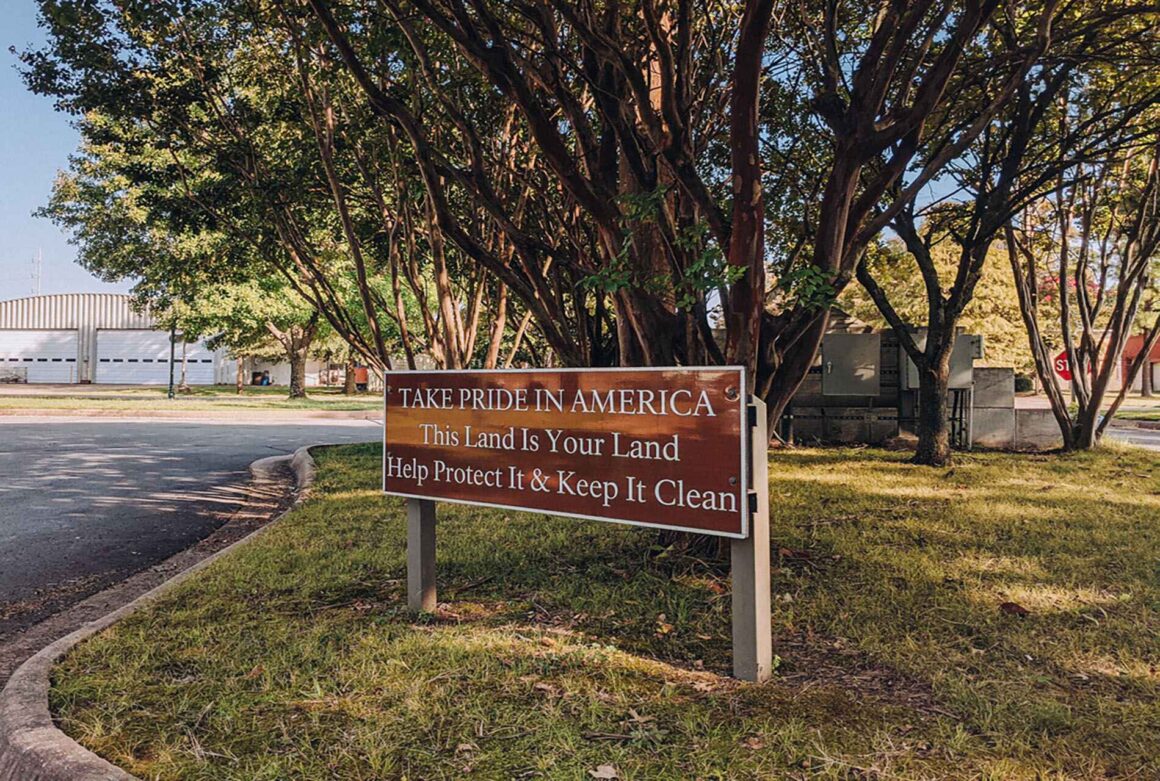
5. Be Considerate of Small Communities
When road tripping, you’ll likely encounter small communities and different cultures. Being responsible means being respectful of these communities, their customs, and their way of life.
This includes being mindful of local laws and regulations and not causing any unnecessary disruption or harm.
One extra suggestion is to checking to see if that community even wants you there. In this post-pandemic world, some communities have been overrun by travelers and digital nomads and they aren’t happy about it.
For example, the Navajo Nation, home to popular sites such as Antelope Canyon and Monument Valley, was closed for months. Most parks and casinos have reopened now but they might have different rules and regulations.
Not to mention this area is in the desert which has been affected by low water levels of Lake Powell. While they rely on tourism in many ways, over-tourism is harmful.
Lake Tahoe is another community that has severely been affected by too many visitors – even to the point that there have been protests against visitation.
Ask yourself how your visit will impact the community and if you do go, what you can do to lessen that impact. Or better yet, just avoid that area all together during busy season.
6. Be Flexible
Even after the pandemic, many businesses, restaurants, grocery stores and even chain stores, continue to deal with staffing issues and even closures.
In my city, stores and even gas stations that were open 24 hours previously, still haven’t returned to pre-pandemic hours. Who’s to say they ever will.
It’s important to remember to be flexible when you road trip. If there’s something you know you want to do, then verify ahead of time that it’s open. Have a plan and a plan b if the first one doesn’t work out. Info you find posted publicly might be wrong.
To avoid disappointment and frustration, the best way to verify hours and operating information is directly with the establishment when it’s possible.
If you do show up somewhere and they are closed or have limited operations – be nice. Definitely don’t take it out on someone who likely had no say so what so ever in that decision.
7. Take What You Need With You
When it comes to the supplies and food you need on your responsible road trip, my advice is to buy as much as you can in your home city and take it with you. Or at least stop in a larger city before you arrive at your small town destination to buy what you need.
In many cases, small communities around popular touristy sites and national parks may only have one grocery store to supply the people that live there. Usually those rural or hard to get to areas aren’t restocked as often as grocery stores in large cities.
Couple that with chain supply issues and shortages and you can see how a few thousand visitors can impact the resources in town.
It might take a little more time to organize and prepare your vehicle when planning to take everything with you but you’ll your doing your part in making sure locals will have access to what they need when they need it.
This goes for fuel and water as well. When possible buy both in larger well stocked areas. I know this isn’t always possible, especially with fuel but do the best you can to help those rural communities.
8. Pick Up After Yourself
Road trips can have a significant impact on the environment, including air pollution, littering, and damage to natural habitats. By being responsible, you can reduce your environmental footprint and help protect the planet.
Do your part by keeping public spaces clean. Always pick up after yourself and properly use trash cans. Beyond that, keep trash bags in your car on road trip. It keeps the vehicle tidy – which is super important on a road trip – and there’s less chance of trash blowing out of the vehicle and ending up where it shouldn’t be.
Another helpful thing to cut down on waste is by recycling. We utilized an enormous amount of plastic during the pandemic and sadly many restaurants have continued to use disposable or one-use plastic containers. To help offset that, recycle as much as you can.
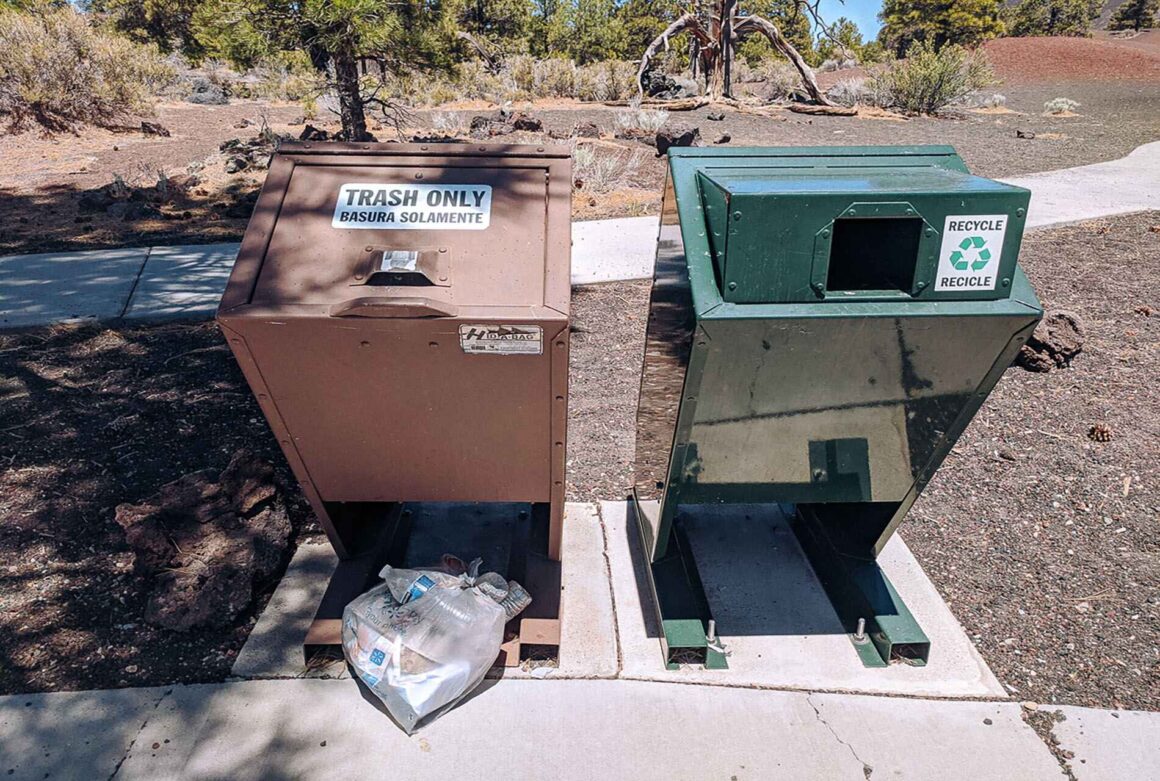
9. Plan For the Unexpected With Travel Insurance
One of the smartest things you can do to road trip responsibly is purchase travel insurance. Having a travel insurance policy that provides protection from unforeseen events like medical emergencies and other things not only helps you but it lessens the burden in small communities.
Even if you already have health insurance that will cover health emergencies on the road, travel insurance helps fill the gap between your health insurance and your out of pocket costs.
Most travel insurance policies also include trip interruption – in case your trip is cancelled or you have to leave your trip early due to illness or natural disaster. Some policies even help find healthcare where you are visiting and can arrange to be moved if the situation was to come up.
You can compare policies that fit you exact needs at websites such as TravelInsurance.com.
10. Be Patient and Kind
Literally everything takes longer now. The road trip you took before or the way you did something before – it just isn’t the same. Remember to factor this in when you make your travel and road trip plans. Give yourself extra time.
People can try your patience. Part of knowing how to road trip responsibly is anticipating that things may rub you the wrong way. Be patient. Be kind.
That doesn’t mean you can stand up for yourself or someone else that may be on the receiving end of abuse or bad behavior but pick your battles and do things the right way. The responsible way.
Try to remember, the last few years have been stressful. Some people have been affected more than others and some people just handled it better. As responsible travelers, try to set a good example. You never know what someone else may be dealing with.
Planning How to Road Trip Responsibly
I realize not every one will agree with these tips and my thoughts about how to road trip responsibly but I do hope you’ll have an open mind and implement something you read here.
If you need help planning a road trip, use my step by guide how to plan a road trip and use other helpful websites and apps like Google Maps, Roadtrippers.com and AAA Travel to help you plan.
See you on the road!


